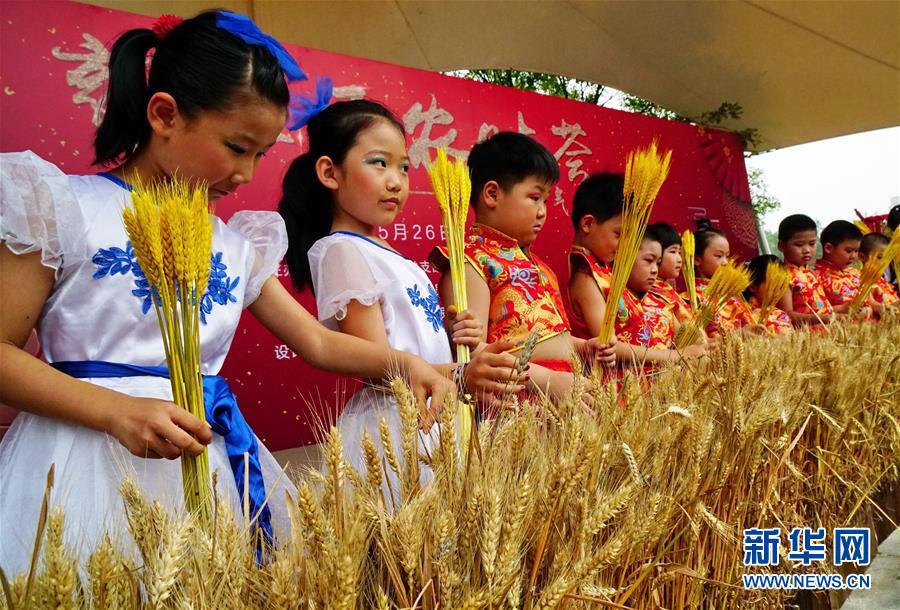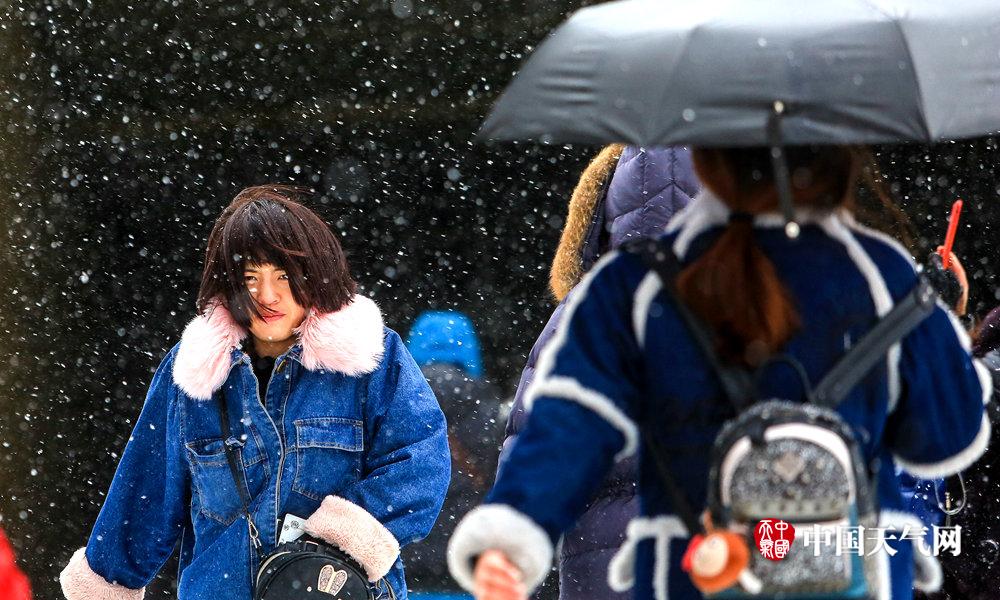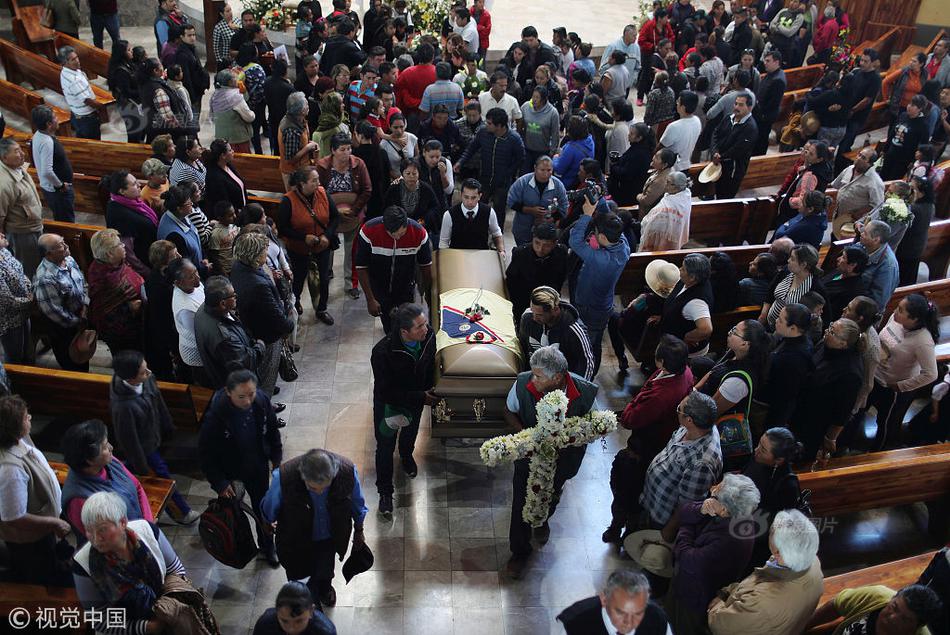
Oxford University Press will publish “City Girls: The Nisei Social World in Los Angeles, 1920-1950” by Valerie J. Matsumoto next month.
Even before wartime incarceration, Japanese Americans largely lived in separate cultural communities from their West Coast neighbors. Although the Nisei children, the American-born second generation, were U.S. citizens and were integrated in public schools, they were socially isolated in many ways from their peers.
These young women found rapport in ethnocultural youth organizations, a forgotten world of female friendship and camaraderie that Matsumoto recovers in this book.

Through extensive networks of social clubs, young Japanese American women competed in sports, socialized with young men, and forged enduring friendships. During the 1920s and 1930s, Nisei girls’ organizations flourished in Los Angeles, then home to the largest Japanese American population.
In clubs with names such as the Junior Misses and Tartanettes, girls gained leadership training, took part in community service, found jobs, and enjoyed beach outings and parties. Often sponsored by the YWCA, Buddhist temples, and Christian churches, these groups served as a bulwark against racial discrimination, offering a welcoming space that helped young women navigate between parental expectations and the lure of popular culture. Indeed, their dances, meetings, and athletic events filled the social calendars in the ethnic press.
As cultural mediators and ethnic representatives, these urban teenagers bridged the cultures of the Japanese American community and mainstream society, whether introducing new foods, holidays, and rituals into the home or dancing in kimono at civic events. Some expressed themselves as poets, writers, and journalists and took leading roles in the development of a Nisei literary network.
Women’s organizing skills and work would prove critical to the support of their families during World War II incarceration and community rebuilding in the difficult years of resettlement.
By bringing to life a dynamic and long-lasting world of friendship circles and clubs, “City Girls” highlights the ways in which urban Nisei daughters claimed modern femininity, an American identity, and public space from the Jazz Age through the postwar era.
Matsumoto is professor of history and Asian American studies at UCLA. She is the author of “Farming the Home Place: A Japanese American Community in California, 1919-1982” and a co-editor of “Over the Edge: Remapping the American West.”
Some advance praise for the book:
“City girls indeed! A determined, spunky, hard-working, fun-loving group of women who endure hardship but also just wanted to have fun. Valerie Matsumoto brings their lively world to life through vivid and sympathetic prose. The Nisei women were simultaneously so American and so non-American, familiar and surprising. A wonderful recovery of history!” — Gordon H. Chang, Stanford University
“‘City Girls’ provides a vibrant, complex, and insider’s view of Nisei women’s social world before and after wartime incarceration and resettlement. It is a stellar tribute to the Nisei women who were adept at building ethnocultural networks while, at the same time, pushed against racial, ethnic, and gender boundaries in their pursuit of modern femininity and American status. It is historical scholarship and feminist writing at its best.” — Judy Yung, author of “Unbound Feet: A Social History of Chinese Women in San Francisco”
To preorder, go to http://global.oup.com/academic and do a search by author or title.

 Activist Sahara to Speak at Faith UMC
Activist Sahara to Speak at Faith UMC
 Sir David Attenborough is very stoked to get a new snail named after him
Sir David Attenborough is very stoked to get a new snail named after him
 Chicago Sky vs. Las Vegas Aces 2024 livestream: Watch WNBA for free
Chicago Sky vs. Las Vegas Aces 2024 livestream: Watch WNBA for free
 Prime Day M3 MacBook Air deal prices Apple laptop at $849 — a new all
Prime Day M3 MacBook Air deal prices Apple laptop at $849 — a new all
 JACL Supports Survivors of Sexual Assault
JACL Supports Survivors of Sexual Assault
 Best Prime Day gaming deals 2024: Save on games, accessories, and more
Best Prime Day gaming deals 2024: Save on games, accessories, and more
 Best Prime Day 2
Best Prime Day 2
 Uber will tell you the average fare and wait time in over 10,000 cities
Uber will tell you the average fare and wait time in over 10,000 cities
 Ted Tanouye Memorial Vandalized
Ted Tanouye Memorial Vandalized
 Wind power is now the top clean energy source in the U.S.
Wind power is now the top clean energy source in the U.S.
 Advancing Justice, SEARAC Call on Administration to Honor U.S.
Advancing Justice, SEARAC Call on Administration to Honor U.S.
 Meet the architect behind China's smog
Meet the architect behind China's smog
 To hunt in the dark, these fish bring their own 'flashlights'
To hunt in the dark, these fish bring their own 'flashlights'
 Best Prime Day TV deals: 15+ options starting at $320
Best Prime Day TV deals: 15+ options starting at $320
 API Candidates Vie for L.A. County Judicial, School Board Positions
API Candidates Vie for L.A. County Judicial, School Board Positions
 Prime Day 2024 printer deals: Save on HP, Canon
Prime Day 2024 printer deals: Save on HP, Canon
 Ferocious blizzard smacks New York, but it'll be over sooner than you think
Ferocious blizzard smacks New York, but it'll be over sooner than you think
 5 most useful features of iOS 18 public beta — and how to use them
5 most useful features of iOS 18 public beta — and how to use them
 JANM Mourns the Passing of Aiko Herzig Yoshinaga
JANM Mourns the Passing of Aiko Herzig Yoshinaga
 Chicago Sky vs. Las Vegas Aces 2024 livestream: Watch WNBA for free
Chicago Sky vs. Las Vegas Aces 2024 livestream: Watch WNBA for free
MOVA P10 Pro Ultra robot vacuum and mop: $300 offBest earbuds deal: Save $65 on the Samsung Galaxy Buds 3 ProBest Samsung deal: Take $250 off the price of the Samsung Galaxy S25+ at AmazonBlack Myth: Wukong Xbox version delayed due to memory limitations · TechNodeMeta allegedly replacing humans with AI to assess product risksWordle today: The answer and hints for June 2, 2025Report: Despite Bluesky’s growth, X remains the platform of choice for news influencersNetEase unveils new martial arts RPG Sword Heart Dragon Carver · TechNodeChina plans to limit global access to its EV battery technologies · TechNodeIt worked! NASA DART mission successfully moved a 525 Rabbi in Puerto Rico pleads for help on eve of Yom Kippur Wordle today: The answer and hints for August 21 NYT Strands hints, answers for August 20 Crossed Wires Trump wants to send humans back to the moon The 30 funniest comedies on Hulu, because we all need a laugh Google Chrome will automatically block out credit card info when screen sharing Class Struggles Trump EPA administrator's calendar full of polluting industry meetings How to watch 'Immaculate' at home: The best Hulu streaming deals
0.1579s , 10122.125 kb
Copyright © 2025 Powered by 【hinh khieu dam】Enter to watch online.‘City Girls’ Looks at Nisei Social World in L.A.,Feature Flash